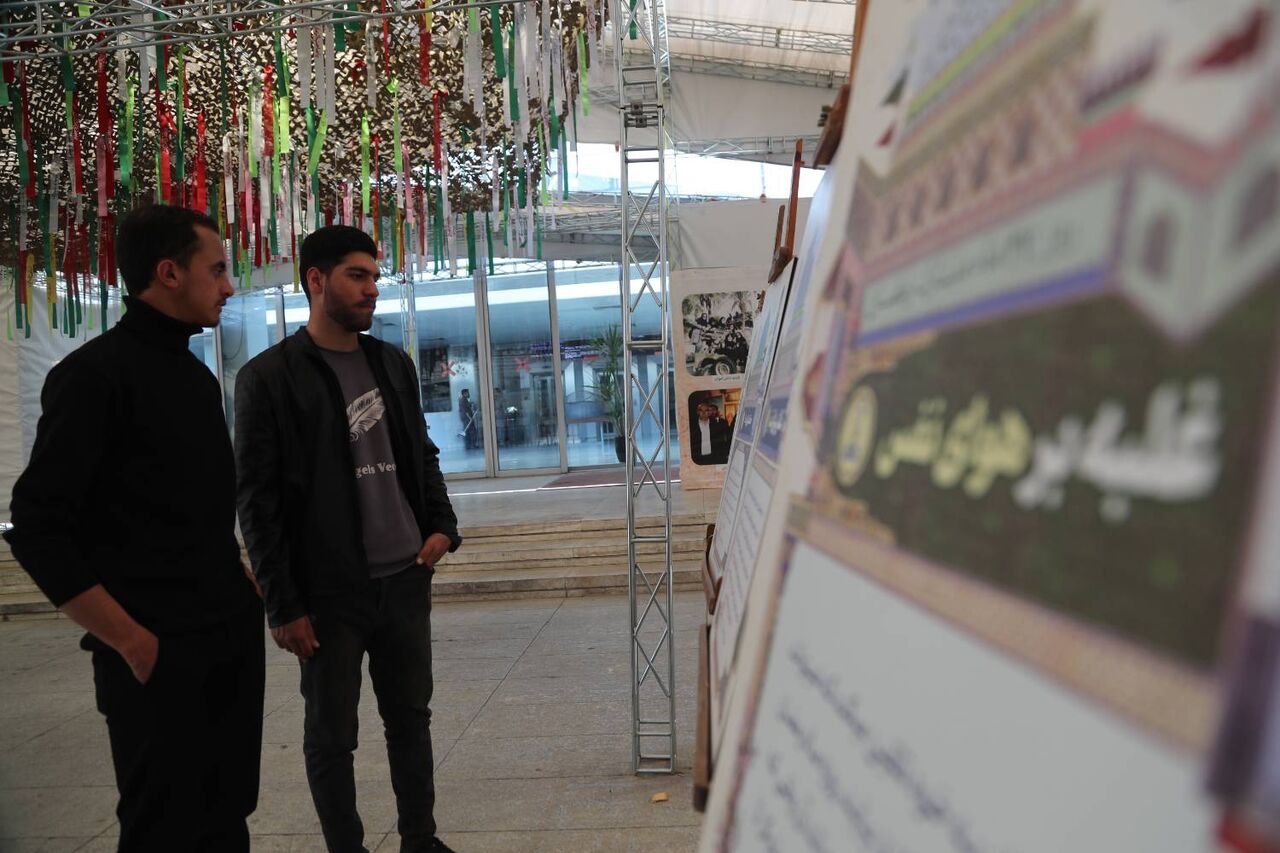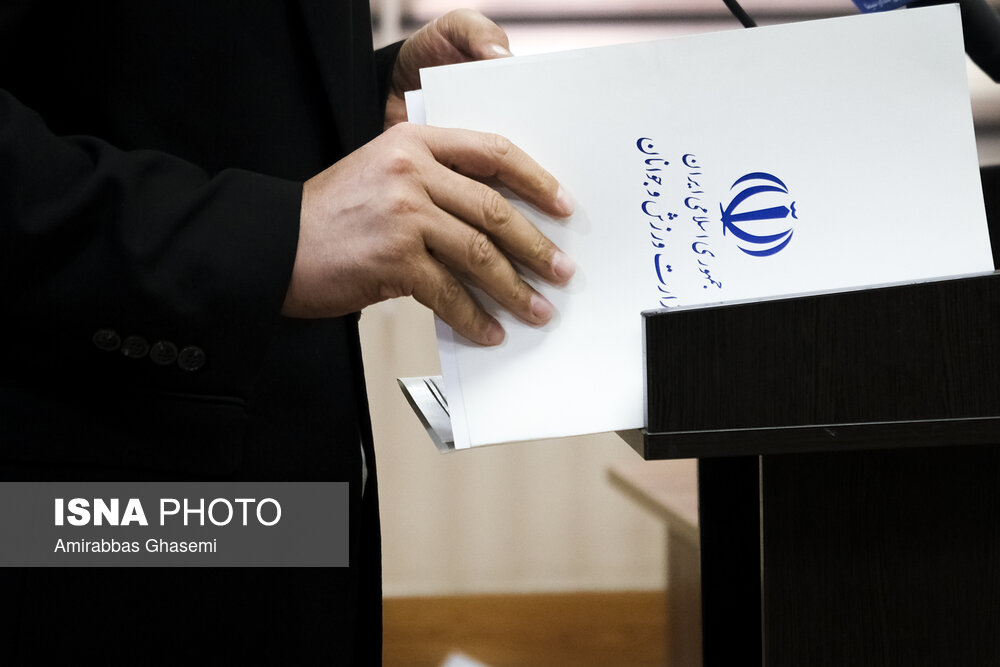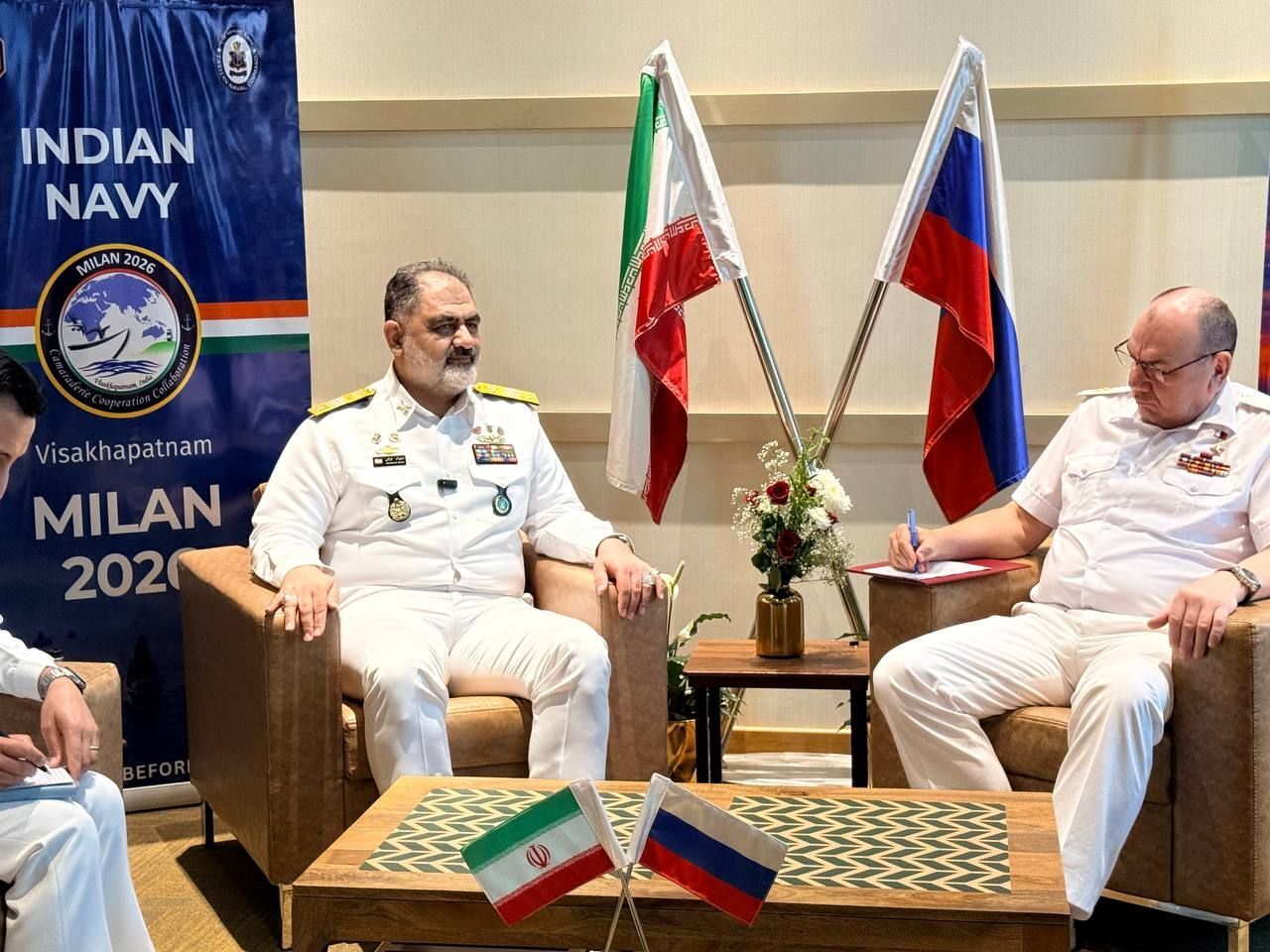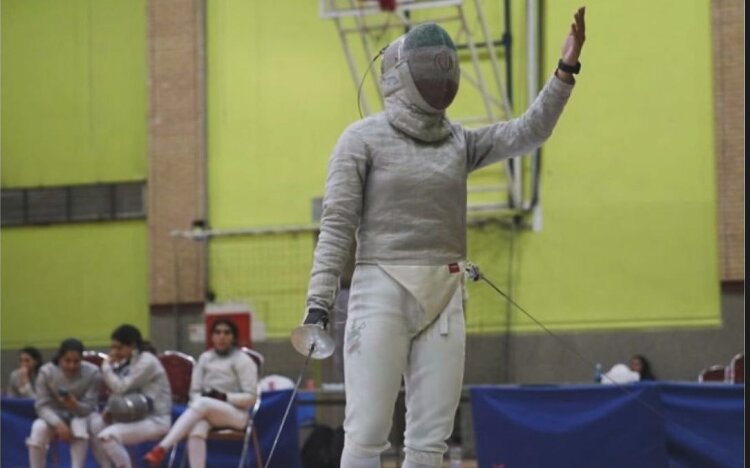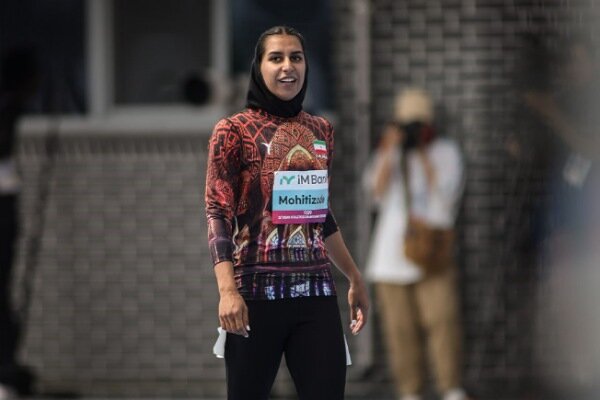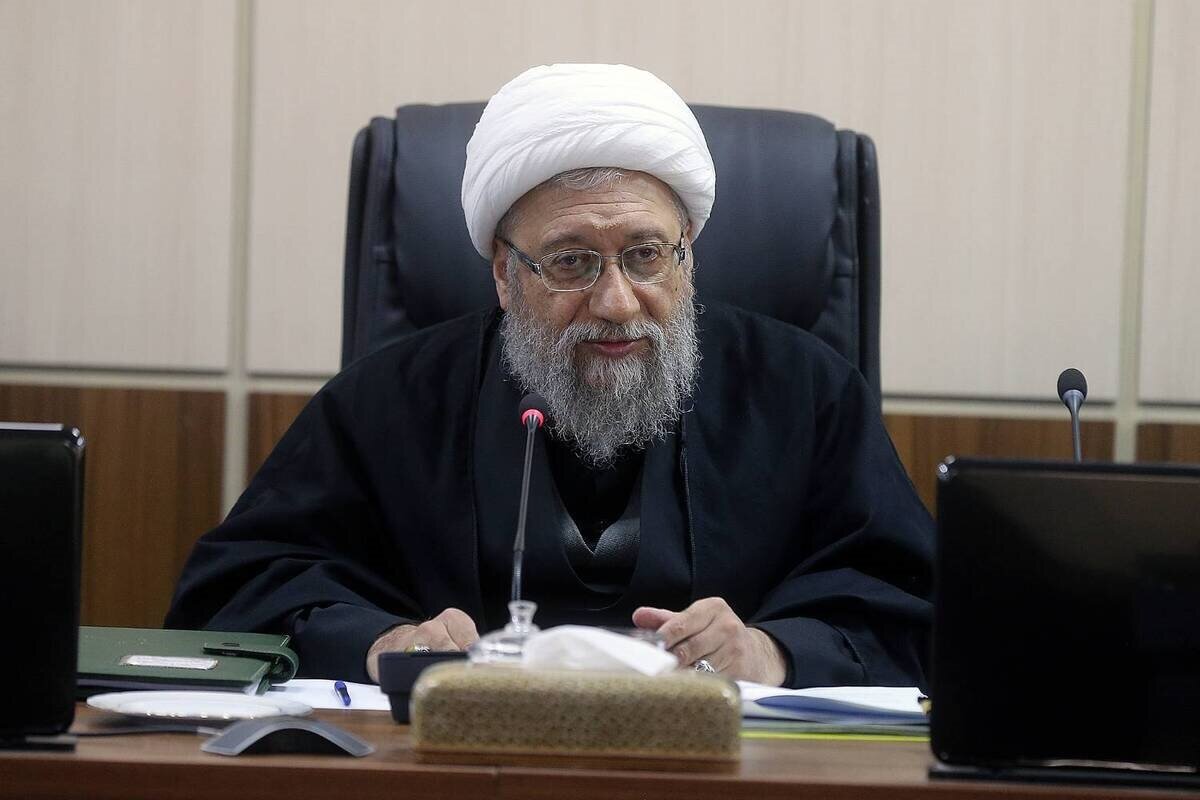Viceroy Blair and the Dubai-sation of Gaza: Unpacking Trump’s post-war plan
Viceroy Blair and the Dubai-sation of Gaza: Unpacking Trump’s post-war plan

Donald Trump’s 20-point plan for Gaza has left many unanswered questions.
It does provide a few specifics, on the cessation of military operations, on the number of prisoners and bodies to be exchanged, and on the entry of aid into the territory.
But much of the US president's proposal is open to interpretation. Some analysts believe that ambiguity is “by design”.
Parts of the document lack detail on timelines, as well as consequences - particularly for Israel - if terms of the deal are not adhered to.
Muhammad Shehada, a Palestinian writer, activist and analyst, grew up under two decades of Israeli blockade and repeated wars in Gaza.
He spoke to Middle East Eye on Trump’s plan, unpacking questions on the laying down of arms, the involvement of former British Prime Minister Tony Blair, the likelihood of forced expulsion, comparisons with the Oslo Accords and resistance in post-war Gaza. The interview has been edited for clarity and brevity.
Middle East Eye: Trump’s plan doesn’t speak of “disarming” Hamas or other armed factions, it speaks of “placing weapons permanently beyond use through an agreed process of decommissioning”. What’s the difference, and why is it significant?
Muhammad Shehada: The significance is that disarmament means surrender, bending the knee, breaking the sword.
As for decommissioning, the closest example is Northern Ireland, where it was gradual. It was part of a political process or milestones.
It goes hand-in-hand with Israeli withdrawal from Gaza and a pathway towards Palestinian statehood or self-determination. The Northern Ireland example is the base-case scenario.
You had the Good Friday Agreement in 1998, and then it took about nine years for the Irish Republican Army, or IRA, to disarm completely.
Instead of immediate disarmament, what they did was put all the weaponry in a depot, and to use the weapons as an insurance card, or a guarantee, to ensure the fulfilment of the agreement. That's the difference.
But the realistic scenario is what we have seen in recent days, with Benjamin Netanyahu, Israel’s prime minister, adding last-minute details to the text. That includes details about the destruction of, and not allowing the rebuilding of, not just offensive weaponry like rockets and tunnels, but of all weapons.
That includes Kalashnikovs or RPGs or things considered more defensive that can be only used inside Gaza against the Israeli military.
He's trying to use the words disarmament and demilitarisation, in addition to decommissioning. That basically hollows the meaning of decommissioning.
MEE: The plan envisages an international board, or “board of peace” taking over Gaza during a transitional period. It will involve Trump, Blair and other political and business leaders. It will include “apolitical” Palestinians too. Will Palestinians be on board with all this?
MS: The board of peace is a very colonial concept dressed up in fancy language.
It all depends on what is going to be the scope and the mandate of their work.
If it is something like what the Blair plan envisioned: running Palestinian foreign policy in Gaza, running Palestinian security, deciding on behalf of Palestinians what happens to natural resources like Gaza's gas marine field, then of course there would not be any buy-in whatsoever.
It would be seen as an occupying force.
If the goal of it is to crowdfund, collect donations, provide plans for redevelopment, or to advise, monitor, evaluate and oversee the reconstruction and governance, then that is a much better scenario.
With Blair and Trump, you have a lot of history.
With Blair, you have the history of his involvement in Iraq and Afghanistan as British prime minister. In the UK, because of all this, he’s known as a “wanker”.
In the context of Palestine, Blair was chairing the Quartet a few years ago tasked with mediating the Israeli-Palestinian conflict and he held many talks with Hamas. This is unusual. He was one of very few western high-level politicians that held direct talks with Hamas leaders, and he went on record and said that “we were wrong to boycott Hamas when they won government elections in 2006”. So that could be a sign of hope.
On the other side, you have the new liberal Blair who's raising hundreds of millions from people like Larry Ellison, the billionaire from tech firm Oracle that's supposed to buy TikTok. You have all these shady connections, the intermingling between the Tony Blair Institute, Jared Kushner, Trump's world and Netanyahu.
All that doesn’t bode very well for what's going to come next if Blair is appointed governor of Gaza.
It sounds extremely weird to even just say the words “Blair as governor of Gaza”, akin to a viceroy. It all sounds very colonial, like something from the history of the Democratic Republic of Congo.
MEE: The plan explicitly states that “no one will be forced to leave Gaza”. It says those who wish to leave can do so, and will be free to return. Can the people of Gaza trust this commitment?
MS: Even before 7 October 2023, when people were allowed to leave and come back, Israel put all sorts of obstructions, obstacles and traumatic processes in place.
It was to ensure that anyone that leaves will never think about going back. Who would want to go back to an unlivable cage, a toxic slum, as Israel has rendered it, and languish and die there? Also the chances of you being able to go out again if you come back into Gaza were virtually close to zero. It was like a very difficult process, you had to pay a lot of bribes. You had to wait for months, sometimes for years.
So Israel can play on these bureaucratic procedures and economic aspects to deter people from trying to return.
Can people trust the commitment in the plan? Absolutely not. The plan says that Rafah will be open both ways for people to return and leave. But there are a lot of ways in which Israel can create incentives for people to leave and disincentives for anyone to return.
All they need to do is to prevent, undermine, hinder, obstruct the reconstruction of Gaza.
Or they would create something like the Trump Riviera plan in Gaza that would make everything entirely unaffordable for the entire population. It would end up pricing people out of Gaza itself.
The Trump plan talks about redesigning Gaza to look something like Sharm el-Sheikh, Dubai, Doha or one of these luxurious Arab capitals that look like a concrete jungle.
That's a nightmare for people in Gaza. It's not an aspiration. People there admire the originality and simplicity of how Gaza used to look like. The mosaic of different cultures, the accumulation of different civilisations on top of each other.
We wanted to go back to that - minus the Israeli occupation, apartheid and concentration camps.
So it’s a no thank you to making Gaza look like Dubai where it's completely unaffordable.
People might be given verbal guarantees of coming back if they leave, but there are many ways in which Israel can render that option impossible for the population.
MEE: The plan says Israel “will not occupy or annex Gaza”. While it speaks of a phased withdrawal, there is no timetable, and it is predicated on an undefined commitment of Gaza “no longer posing a threat”. Could that leave room for a longer-term, or even permanent, Israeli occupation?
MS: The vagueness of the plan about the occupation of Gaza is on brand for Israel's track record over the last three to four decades, at least.
With the Oslo Accords, the whole premise was that Palestinians needed to collaborate with Israeli security agencies to police Israel's occupation.
It made the occupation cost-free, protecting Israeli settlers from Palestinians, but not protecting any Palestinians from settlers. That was one end of the bargain.
The other end was supposed to be that once Palestinians proved a sufficient level of ability to ensure Israel's security, they would be given a state. But Israel kept moving the goalposts.
Every year you would have Israelis saying, “the Palestinian security forces are doing a good job, they're improving, but they're still falling short of the necessary level to have their own state or their own autonomous region”.
You had a similar thing with the disengagement from Gaza in 2005. Israel explicitly said that they were withdrawing to freeze the peace process and to kill Palestinian statehood by putting the burden of proof on Palestinians.
They called on Palestinians to turn Gaza into Singapore, and to make it secure and not a source of any threat whatsoever towards Israel.
The game was rigged from the get go. Gaza’s economy was destroyed and its entire labour force was cut from the Israeli or West Bank markets.
All of which designed an environment in Gaza that was inherently destabilising, so that Israel can keep pointing a finger and say: “Look, we're not ending the occupation because Gaza never proved the ability to become a Singapore or to ensure our safety”.
In that sense, you see the exact same trick being applied again. Allowing a permanent Israeli occupation in Gaza with some vague terminology about Israel staying in Gaza for as long as Gaza holds even a prospect of the re-emergence of a threat towards Israel.
It's a word salad. It doesn't mean anything.
Israel can easily point at a single militant in Gaza and say that one single militant holds a threat of recreating an armed group. They can play all sorts of tricks to stay there permanently.
MEE: The plan envisions no resurgence of any kind of “terror” threat from any group or faction. Under the conditions set out, will resistance cease to exist in Gaza?
MS: The only condition under which the resistance in Gaza will cease to exist is if you dismantle the apartheid system that Israel maintains.
It is very natural that people will always try to resist oppression, dispossession, displacement and replacement.
In Europe and the western world, there's rich literature about how income inequality alone increases crime and violence rates in European and western capitals. In our case, it's not just income inequality.
You also have the dispossession of your income, the dispossession of your home, the dispossession of your assets. You have displacement, and replacement by Israeli settlers. All of this on its own is radicalising enough. All of it will eventually provoke resistance.
To which Israel will escalate the use of violence in this eternal cycle of attrition.
It's not even a catch-22 because the whole goal is that Israel wants Palestinians to remain stuck in this cycle of Israeli colonial violence, Palestinian retaliation and then Israel crushing Palestinians.
With each time the cycle is repeated, you see more and more Palestinians depleted, leaving, collapsing, dying or abandoning the cause. And that's exactly the logic of the Israelis.
That's exactly why the genocide is merely the culmination of 78 years of Israeli dispossession, displacement and replacement.
It's because previous rounds were not doing it fast enough. Israel now just wants to get it done as fast as possible.







